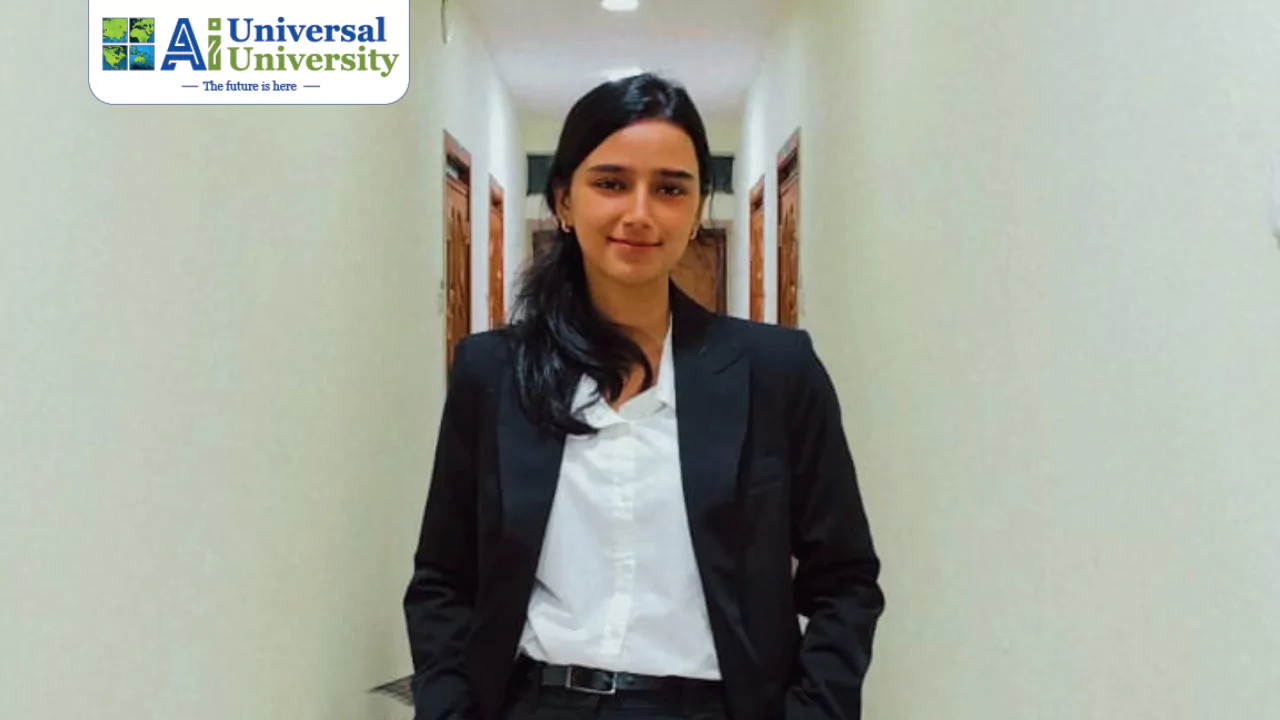
- November 7, 2024
- Student Blog
Remember that moment in Harry Potter and the Philosopher’s Stone when Harry, Hermione, and Ron stand in front of the Mirror of Erised? Each of them sees something completely different. Harry sees his family, Ron sees himself as a Quidditch champion, and Hermione… well, she probably saw herself acing every exam. But here’s the catch: they’re all looking at the same mirror, yet what they observe is shaped by their deepest desires and perspectives.
Life works in the same way. Two people can look at the same situation and see entirely different things, depending on how they’re wired to observe and perceive the world. It’s like your personal ‘Mirror of Erised’ moment—how you observe details and the lens you use to interpret them can completely change the storyline of your life.”
But what happens when we miss these key details? Ever had that moment where, after the fact, you realize something small could’ve changed everything, and you’re left thinking, “If only I’d seen that earlier!”? The truth is, we often miss things not because they aren’t there, but because we don’t see the world as it is—we see it based on who we are. And that’s the magic of observation and perspective.
Observation and perspective go hand in hand. They are two fundamental things that shape our understanding of the world. How we observe details and interpret them based on our perspective can completely change the outcome, just like how Harry, Ron, and Hermione all saw something different in the same mirror.
So, what exactly is observation? It’s more than just looking at something—it’s the ability to carefully notice the details, both obvious and subtle. Observation is about paying close attention to your surroundings, people’s behavior, or the environment. It means not just seeing with your eyes, but using all your senses to gather information. In a way, observation is like a superpower—one that lets you catch things others might miss.
But observation alone isn’t enough. That’s where perspective comes in. Perspective is how we interpret what we observe. It’s the lens through which we view the world, shaped by our experiences, beliefs, and emotions. Two people can observe the same event, but their perspectives can lead them to completely different conclusions.
Think of it like this: Observation is the act of looking through a window, while perspective is the angle from which you look. The view changes depending on where you stand. Imagine you’re holding a camera, ready to capture the perfect shot. In photography, the way you use different lenses can drastically change how the image turns out. A wide-angle lens lets you capture the whole scene—every detail in the background—while a zoom lens focuses on something specific, bringing out a single detail in crystal-clear clarity. This is much like how observation and perspective work in life. Observation is like the camera; it helps you see everything in the frame, but the perspective—the lens you choose—decides what part of the scene stands out and how it feels.
For example, you might observe a busy street full of people, but if you use a zoom lens, you could focus on a single person in that crowd, perhaps someone laughing or helping another person. That shift in perspective, focusing on one detail, tells a completely different story than if you were using a wide lens to capture the entire scene at once. Just like photography, the lens through which you view life shapes your understanding of it. Sometimes, it’s about changing the lens to see things differently—broadening your perspective or narrowing it—so that you can get a fresh view of what’s really happening.
Observation allows you to see what’s there, and perspective gives meaning to what you see. Together, they shape how we understand the world. Sometimes, all it takes is a small shift in perspective to change your interpretation of the same details—turning a problem into an opportunity or an obstacle into a learning experience.
As you navigate your MBA journey, the power of observation and perspective becomes essential. In the business world, how you observe details and the perspective you choose can significantly influence your outcomes. During group discussions or while analyzing case studies, you may find that different people interpret the same data in various ways due to their unique backgrounds and experiences. By sharpening your observation skills and expanding your perspective, you can spot opportunities others might overlook and develop creative solutions to complex problems. You’ll often need to switch between zooming in on specific details, like financial statements, and taking a wider view to understand market dynamics and strategic goals.
Ultimately, refining both your observation and perspective will enhance your ability to navigate the complexities of business—and life—with greater clarity and insight.
Simran Khatoon
MBA 1st Year Student
Universal Ai University




